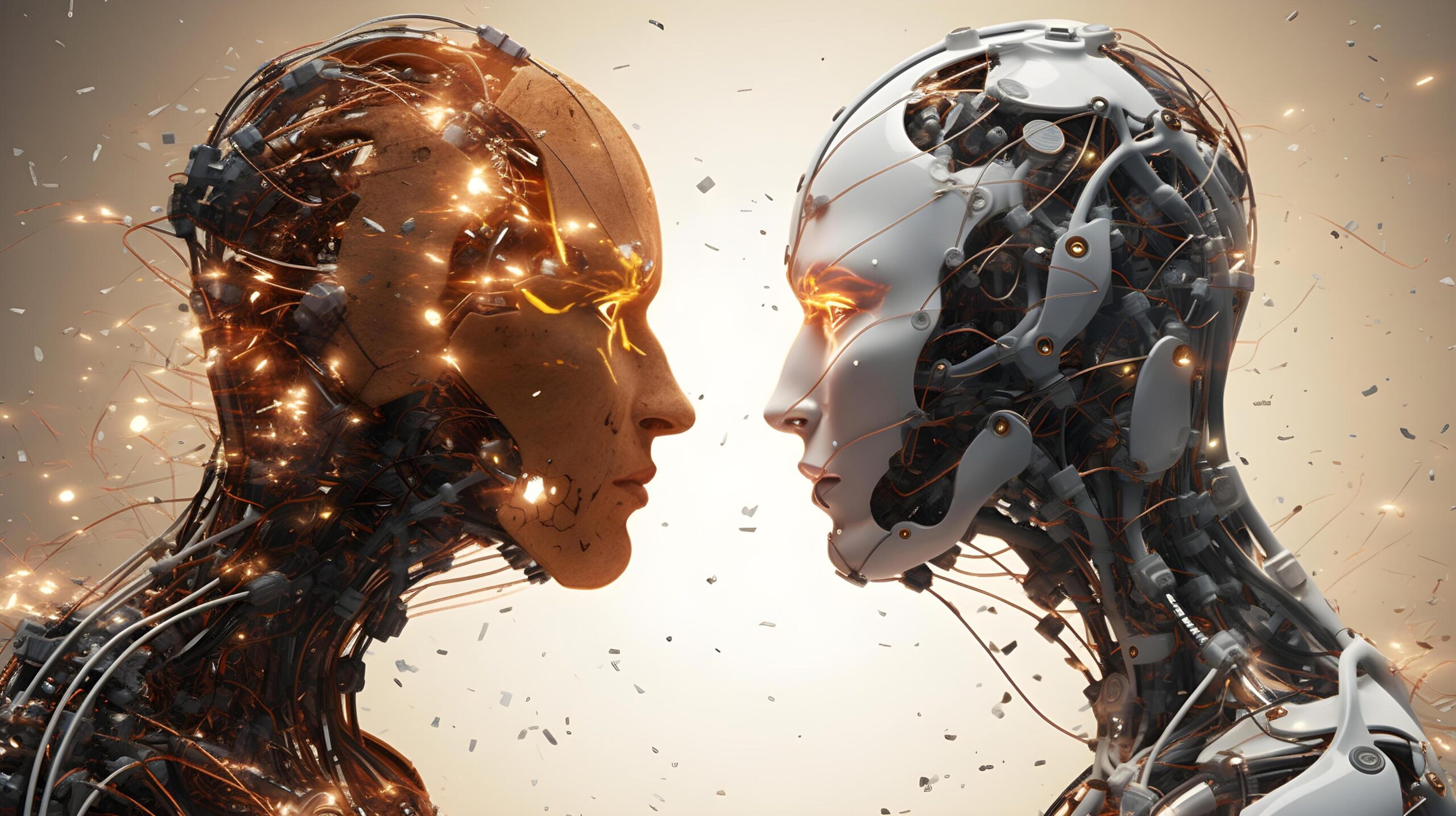- Vishnu Inugala
- April 2025
- Artificial Intelligence
Artificial Intelligence (AI) is transforming industries, businesses, and daily life at an unprecedented pace. From virtual assistants like Siri and Alexa to advanced machine learning models powering self-driving cars, AI has become an integral part of modern technology. However, like any powerful tool, AI comes with both benefits and drawbacks. In this blog, we’ll explore the key advantages and disadvantages of AI to understand its impact on society.
Advantages of AI
1. Automation and Efficiency
AI excels at automating repetitive tasks, reducing human effort, and increasing productivity. Industries like manufacturing, logistics, and customer service use AI-powered robots and chatbots to streamline operations, leading to faster and error-free outcomes.
2. 24/7 Availability
Unlike humans, AI systems can work continuously without breaks. Customer support chatbots, for instance, provide instant responses at any time, improving user experience and business efficiency.
3. Data Analysis and Decision-Making
AI can process vast amounts of data quickly, identifying patterns and trends that humans might miss. This capability is crucial in fields like healthcare (diagnosing diseases), finance (fraud detection), and marketing (personalized recommendations).
4. Reduction in Human Error
AI systems, when properly programmed, perform tasks with high precision. This reduces errors in critical areas such as medical diagnostics, weather forecasting, and financial calculations.
5. Handling Dangerous Tasks
AI-powered robots can perform hazardous tasks like defusing bombs, deep-sea exploration, or handling toxic substances, minimizing risks to human lives.
6. Personalization
AI enhances user experiences by personalizing content. Streaming services (Netflix, Spotify), e-commerce (Amazon), and social media (Facebook, Instagram) use AI algorithms to recommend products, movies, or music based on user preferences.
Disadvantages of AI
1. High Costs and Complexity
Developing and maintaining AI systems requires significant investment in infrastructure, skilled professionals, and continuous updates. Small businesses may struggle to afford advanced AI solutions.
2. Job Displacement
One of the biggest concerns about AI is automation replacing human jobs. Roles in manufacturing, customer service, and data entry are particularly at risk, leading to unemployment and economic inequality.
3. Lack of Creativity and Emotional Intelligence
AI lacks human-like creativity, intuition, and emotional understanding. While it can generate art or music, it doesn’t possess genuine emotions or original thought.
4. Bias and Ethical Concerns
AI models learn from existing data, which may contain biases. If not properly checked, AI can reinforce discrimination in hiring, law enforcement, and lending decisions. Ethical concerns around AI misuse (deepfakes, surveillance) also persist.
5. Security Risks
AI systems can be hacked or manipulated, leading to data breaches, misinformation, and cyber threats. Autonomous weapons powered by AI pose significant dangers if misused.
6. Dependence on AI
Over-reliance on AI may reduce human problem-solving skills and critical thinking. If AI systems fail, businesses and individuals may struggle to function without backup solutions.
Conclusion
AI is a double-edged sword—it offers incredible benefits in efficiency, automation, and decision-making but also raises concerns about job loss, bias, and security. The key lies in responsible AI development, ensuring ethical use, transparency, and human oversight. By balancing innovation with caution, we can harness AI’s potential while mitigating its risks.
What are your thoughts on AI? Do the advantages outweigh the disadvantages? Share your opinions in the comments!

